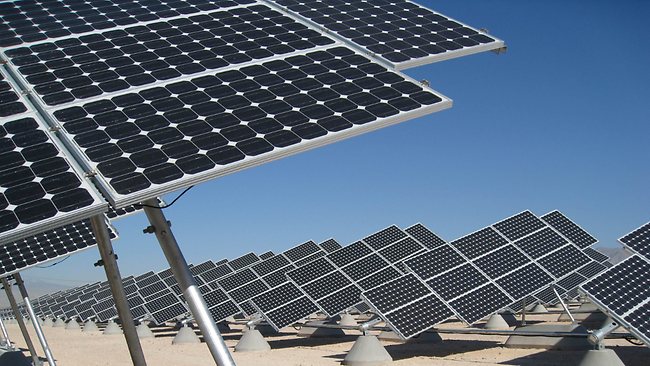Solar energy investors in Benban, Aswan are working on a detailed memo which will include the upcoming steps and procedures of feed-in tariff projects. They will present it to international funding institutions in the workshop to be held on 13 January.
International funding institutions sent a letter to companies operating in the field of solar energy with a number of requirements and inquiries that would be presented to investors in the next workshop. The requirements and inquiries include asking about the regulations organising projects, safety, health, traffic, workers’ insurance, and policies of executing the plants. They will also make sure the environment will not be affected, secure the projects from possible riots and violence, and have social responsibility toward the people of Benban.
The workshop includes the International Finance Corporation (IFC), the European Bank for Reconstruction and Development (EBRD), and a number of banking institutions. The needs and requirements of the companies will be discussed in the upcoming period and the final agreement of buying energy will be revised.
Head of one of the solar energy companies said that international funding institutions require making sure the projects are sound including technological, political, economic, and legal details. They will then agree on granting the investors the funds needed for their projects, which amount to $2bn. The funding institutions would “review all details of the project”.
He said the solar energy investors in Benban wrote a detailed memo to answer all the inquiries of the international funding institutions. One answer is that companies should intend to put organising regulations for the workers in the projects and to negotiate with a number of companies to choose the best offer for providing security, traffic, and sewage services.
The memo also includes investors’ stress on providing services to the people of Benban through establishing a hospital or developing schools within their social responsibility. They should also build walls to protect the projects, contract with companies to insure the plant, and drill water wells operating through the solar energy.
The funding institutions asked in the letter to the solar energy companies about how traffic will be managed in Benban and about health and safety.
The investors answered in the memo that a contract will be conducted with a consultant firm to put a system to apply laws of roads and traffic in the area, in addition to organising rules to maintain health and safety. They will also make sure that no wastes are thrown on the roads or in the projects’ fields and to build tanks for the sewage.
Six companies submitted their offers to provide security, technical, and administrative services for the solar energy projects in the area of Benban in December. The companies include Falcon, G4S, Enjaz Information Technology, and Gridtech Infrastructure Company. These companies submitted offers to provide services of safety, recruiting, traffic, housing, and water and sewage.
The 39 solar energy companies that obtained lands in the area of Benban formed a seven person-committee in cooperation with the New and Renewable Energy Authority (NREA) to negotiate with the companies that present offers and choose the best specifications.
One committee member said the companies are choosing between three consulting firms to choose one to be responsible to determine the needs and requirements of the companies in the upcoming period. These firms include Hamza Associates and Hill International.
The consulting firm will present a vision about the needs of the solar energy projects by providing the needed workers to the projects, establishing housing units for the workers of the plants, providing the needed food, water, and sewage, insuring on labours, and providing security services to protect the workers and the equipment so that the companies can hire companies that provide these services.




